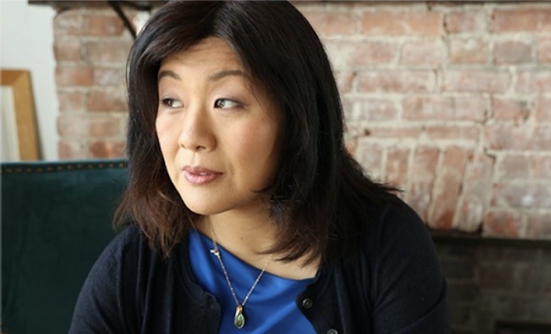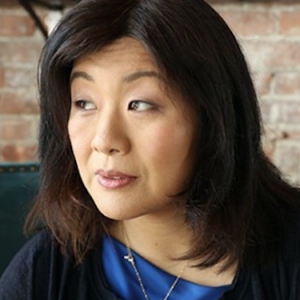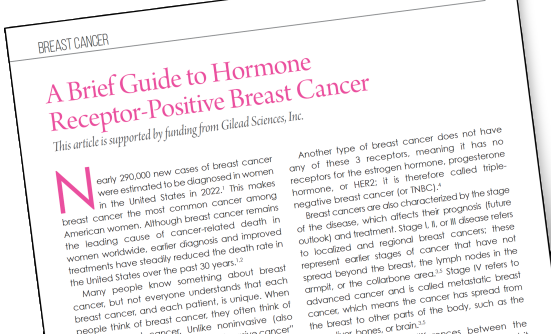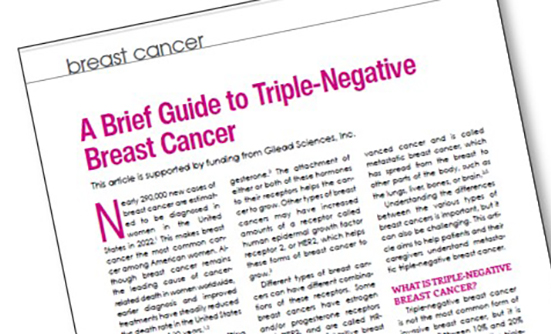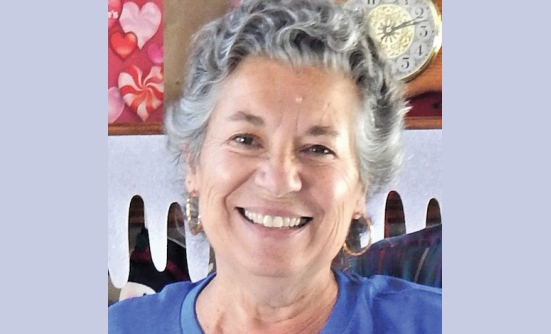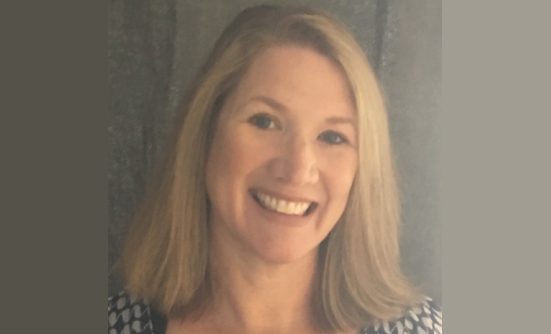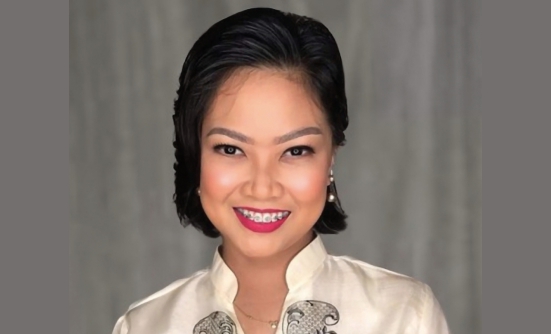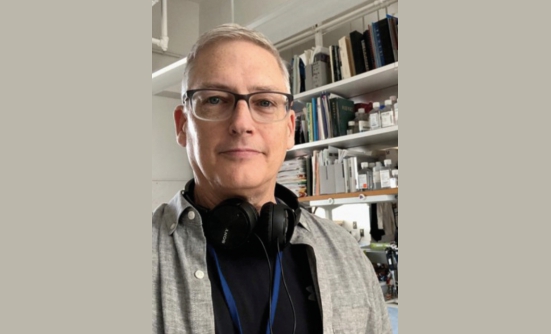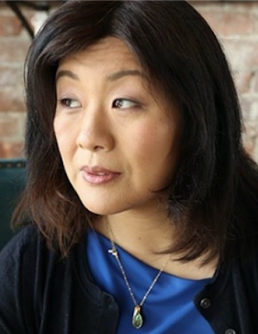
It was mid-June 2021, and as I wrote from my apartment, I could hear sounds of a village come to life here in the Hudson Valley. My town sits roughly 100 miles north of New York City. Once a popular place to vacation, COVID-19 has turned it into a destination.
Our population continues to grow as the pandemic has drawn a steady stream of people looking to trade dense city living for tranquility, fresh air, and a peaceful countryside expanse. Many newcomers here plan to stay.
Adapting
The past 15 months have shown me, once again, how adaptable human beings can be when a crisis hits—and how one closed door often opens another. It’s something I don’t take for granted as a breast cancer survivor.
With the easing of the pandemic and lifting of restrictions locally, I am still cautious and am not yet ready for celebratory mode. As with my cancer journey, I believe this virus may always be a part of our lives, changing the way many of us live and work. We may see permanent efforts to space out during certain public gatherings, and for millions of people, “going to work” will never be the same.
Isolation
The early stages of the pandemic brought me back to the deep isolation I felt when my breast cancer journey started in 2013. I was 37 years old and at the tail end of a teaching stint in Hong Kong, when I was diagnosed with aggressive ductal carcinoma. I had no family history of cancer. The diagnosis came out of left field and hit me hard.
I felt the physical isolation one endures from cancer, but I also felt emotionally isolated. I am a first-generation Chinese American, and you don’t talk about cancer in my culture. In many cases, I couldn’t discuss it with my close family and friends, and I felt deeply alone during one of the most anxiety-inducing times in my life.
When I did try to share my fears and anxieties with certain family or friends, they swept it under the rug, either by shrugging it off, answering with the platitude of “it’ll be okay,” or changing the topic. I quickly learned to be very selective with whom I shared my cancer journey.
Living Through Cancer
When doctors declared me cancer-free in July 2013, my 2 aunts took me out to celebrate the end of a difficult and frightening chapter. One of them told me that I could now “move on,” and not look back. But I felt differently. With cancer, you can never truly move on. There will always be uncertainty, a lurking feeling that it could show up in the next scan.
Seeking out fellow cancer survivors, and leveraging the power of the online community, helped me find my voice as a cancer survivor. That’s why I chose to share my story, to raise attention to the trials and tribulations that come with living through cancer.
“It’s Over; Time to Move On”
I think we all know people who have expressed some version of “it’s over and time to move on,” now that many Americans are vaccinated and COVID-19 infections and deaths have precipitously and thankfully dropped. I do see parallels between coming out the other side of cancer and COVID-19.
As a cancer survivor, I’ve had some false alarms. I’ve learned that there is no shame in being scared sometimes, like during my annual mammogram. It’s okay to lean on others for support.
People are experiencing the recovery from COVID-19 in different ways. Some people still wrestle with daily fears, and some people indeed have a reason to do so. Cancer survivors may be immunocompromised, and certain underlying medical conditions leave some fully vaccinated Americans far less protected from the disease than other people.
Masks may come in one-size-fits-all, but the risk calculations about whether to wear a mask are anything but. Although I follow my local community’s guidelines and generally only mask up in crowded spaces now, I recognize it’s an individual choice.
My hope is that people don’t judge others for taking precautions to protect their health. We should all try to respect and learn from other people’s struggles.
As cancer survivors, that’s an important role we can play in this transition period: helping members of our communities understand why some people want extra protection, for very justifiable reasons.
Cancer, and COVID-19, can each be a traumatic experience, and we should recognize that people will “move on” at their own pace—or perhaps we shouldn’t ask them to move on at all. There will always be people who need extra support. And we can be the support systems for them.
Acts of Joyful Distraction
One of the most positive coping mechanisms I used to get through cancer was to engage deliberately in acts of joyful distraction, whether it be swimming, painting, or specifically connecting with friends with whom I shared common interests.
During the COVID-19 lockdown, that tried-and-true method helped me transform those early, familiar feelings of fear and anxiety into a hopeful “new normal.”
Although some of my friends call the pandemic a “lost year,” I am fortunate to feel otherwise. With the loss of familiar routines, I found new ones to embrace.
I rediscovered the beauty and adventure of swimming in open water with new friends, when our swimming pools suddenly shut. Overwhelmed at first by telework and the need to adapt to new technologies and new ways of connecting, I preferred it by the fall.
New Sparks of Purpose
Living in lockdown also opened me up to new romantic prospects. During COVID-19, I found a spark seeing a man who worked evenings. Pre-pandemic, our schedules would have kept us apart, but suddenly we were all sheltered together.
In the darkest of times, I discovered new ways to find joy and purpose. It’s a lesson I had learned throughout my cancer survivorship journey: Don’t be afraid to reach out and be vulnerable. Sharing your feelings can be a gift to others in troubled times.
I’m not shy about turning to social networks. I found my voice, and I am now sharing it through platforms such as Survivorship
Today (www.bms.com/about-us/our-company/survivorship-today.html), an online platform offered by Bristol Myers Squibb, which aims to advance the understanding of what it’s like to live with cancer today, and to inspire better support for survivors.
As a cancer survivor, I had a life-changing experience. It will always be part of my history. That’s why I choose to continue sharing my story. Doing so helps me live my truth openly, and I hope it helps others to know that there is a community of people out there who truly understand, and are here to make those connections.
Like cancer, we don’t know when and if a more dangerous strain of COVID-19 is coming back. So, let’s be kind to each other, and realize that even in times of hardship, especially in times of hardship, we are not alone.
Patient Resources
CONQUER: the patient voice
https://conquer-magazine.com/wellness-corner/stress-management
National Cancer Institute
www.cancer.gov/about-cancer/coping/survivorship/follow-up-care
National Comprehensive Cancer Network
www.nccn.org/guidelines/patients





